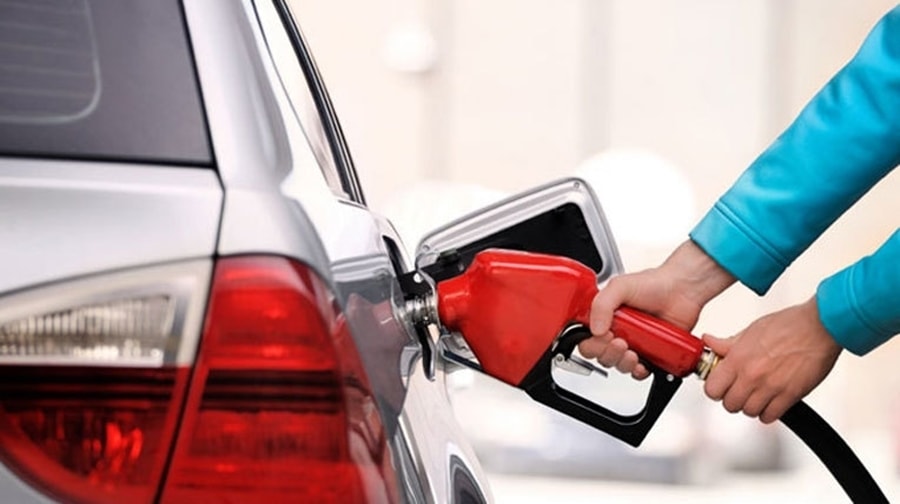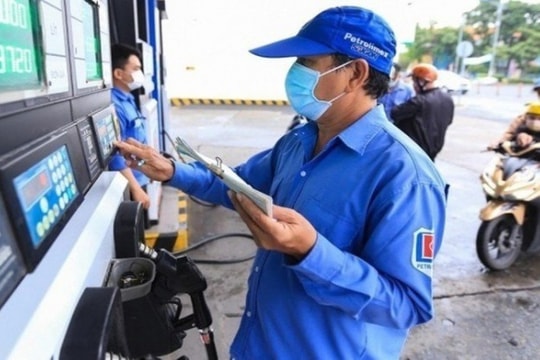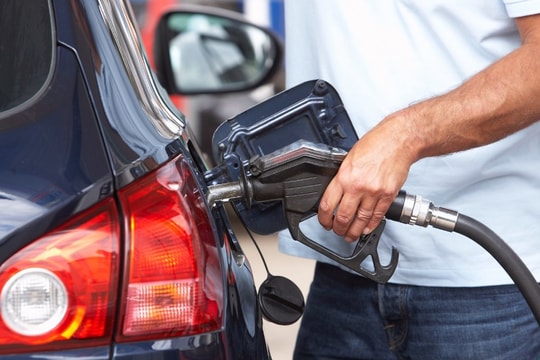Misconceptions about saving gas for cars
In addition to useful ways to save fuel for cars, there are many misconceptions that reduce the performance of the car.
In addition to smooth operation, users are also interested in the fuel economy of the car. Notably, some concepts that were once thought to help save fuel are actually ineffective.
Fill up your tank in the morning and your car will go further.
Many people believe that gasoline and oil will expand under the influence of environmental temperature. Therefore, filling up in the morning when the weather is still cool will put more gasoline and oil in the tank. Thanks to that, the car can travel a longer distance.
But in reality, at gas stations, fuel is stored in tanks located underground, the ambient temperature does not affect the expansion much. Therefore, with the capacity of the vehicle's fuel tank, filling the tank at any time of the day does not make a difference.

High quality gasoline will save more money
Using high-quality fuel does not always bring about fuel efficiency. For cars with small engines and daily driving, using high-quality fuel improves engine lag but does not have the fuel-saving effect that many people think.
High quality fuel is suitable for sports cars because of large engine capacity, higher fuel requirements.
Manual transmission cars are more fuel efficient than automatic transmission cars.
Many people believe that using a manual transmission car will save more fuel than an automatic transmission car. However, this view is no longer correct. Modern technology today helps automatic transmission cars have the same fuel consumption as manual transmission cars of the same type, or even save more.
Starting the car takes more time than idling.
Many drivers believe that leaving the engine running when stopping ensures that the systems are always running and saves more fuel than turning the engine off and restarting it. In fact, depending on the engine capacity, the car will consume about 1 - 2 liters of gasoline per hour when operating in an idle state.
Furthermore, most current car models are integrated with the new electronic fuel injection system, which uses very little fuel each time the car starts compared to idling.
Therefore, if you stop for a long time, you should turn off the engine. If you only stop at a red light or are not in traffic for long, it is not necessary to turn off the engine.
Changing the air filter helps save gas
This is an outdated concept because today's cars no longer use carburetors, but instead use flow sensors and fuel injection to optimize engine performance.
So, replacing a dirty air filter will not improve fuel efficiency. However, it can improve engine performance.




